Early Childhood Coordinator
✆ (605) 367-8488
✉ Email Elizabeth Jehangiri
➢ Learning Lab
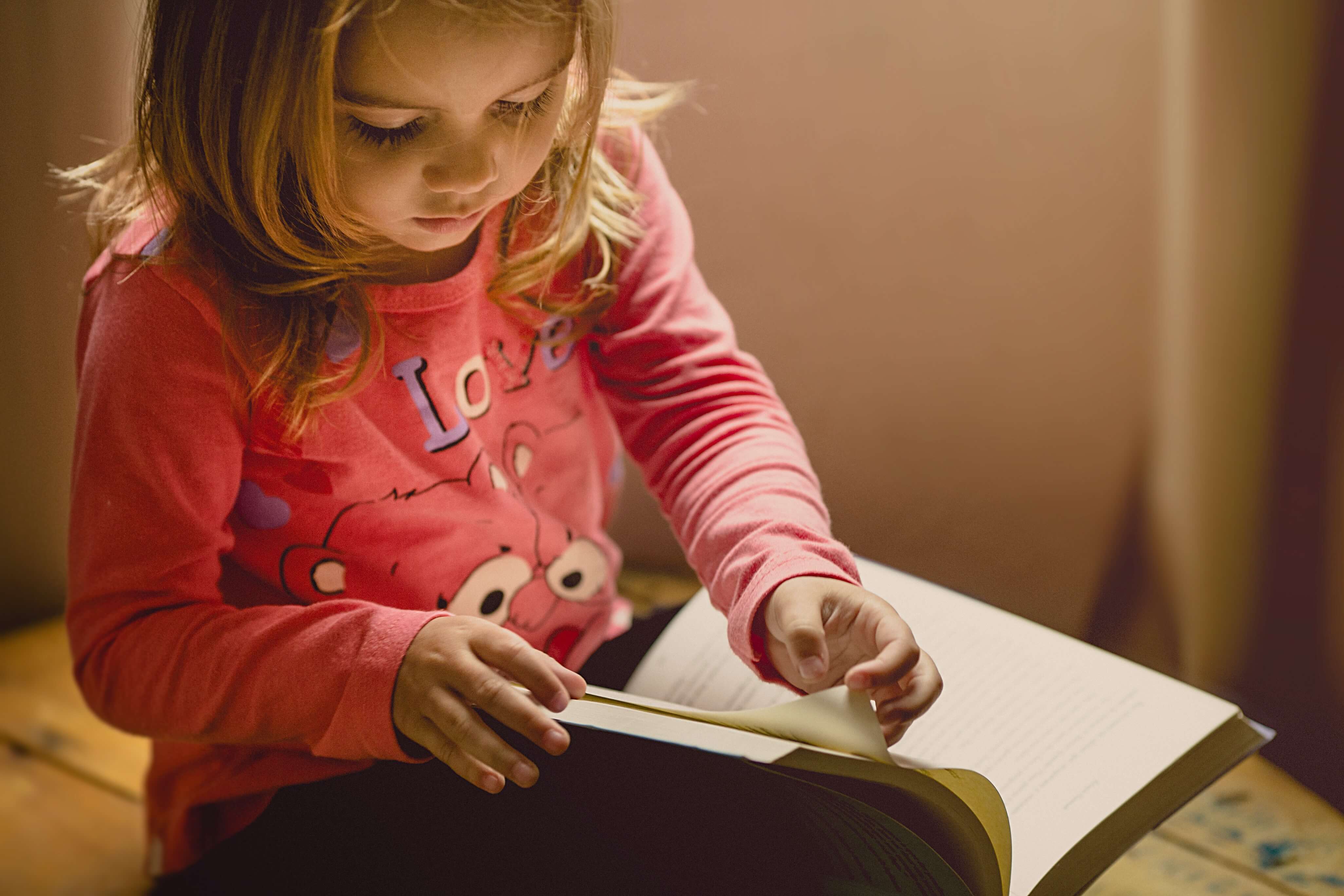
Head Start is the nation’s leading investment in early childhood care and education and promotes school readiness through the enhancement of social and cognitive development by providing education, health, nutrition, and social, and family support services. Parents are respected as the primary educators and nurturers of their children and are encouraged to be actively involved in their child’s education and growth.
South Dakota Head Start programs are Federally funded with no State-supported funds. Programs are monitored regularly and intensively to assure quality and adherence to the requirements of the Head Start Act. Ninety percent of children enrolled in Head Start must meet Federal Poverty guidelines. Ten percent of enrollment must be available to children with disabilities.
Other ways in which families can qualify for Head Start include homelessness, children living in foster care, and if the family is eligible, in the absence of child care would be potentially eligible for public assistance. Children must be at least 3 years of age and no more than five years of age using the date to determine eligibility for Kindergarten (September 1). Head Start program investments have a high rate of return. For each dollar committed to Head Start, there is an economic gain of $7-$10. Some research suggests it could be as much as $17.
Fill out the form to get in touch with our Screen and Evaluation Office for questions regarding eligibility for Head Start and to set up an appointment.
Sioux Falls Public School Early Childhood programming offers both half-day and full-day options for eligible children ages three through five. Kindergarten age is defined by the South Dakota Department of Education as children who have reached the age of five on or before September 1st of the current school year.
Our early childhood classrooms provide hands-on learning experiences that support children's growth and development prior to kindergarten. A research-based curriculum, High/Scope, actively engages children in developmentally appropriate activities to encourage language, social, cognitive, adaptive, and motor development as outlined in the South Dakota Early Learning Guidelines. Early childhood experiences are planned by highly qualified staff and funded with dollars provided by federal and local initiatives such as Head Start, Title 1, and Special Education. Ongoing formative assessment and collaborative planning support the diverse developmental, academic, cultural, and family needs of our students. The early childhood schedule includes whole groups, small groups, and independent learning opportunities. One-third of the time is spent in individual choice interest areas that allow children to explore and expand their learning through play. These different structures are provided to support social-emotional, physical, cognitive, and language development. Early literacy experiences focus on oral language, basic concepts, vocabulary, phonemic awareness, phonics, and listening comprehension. Early mathematics experiences focus on number sense, problem-solving, and basic concepts in the areas of geometry/spatial sense, measurement, reasoning, patterns/relationships, and using data. Additional learning opportunities include dramatic play, block play, writing, math, art, music and movement, science and discovery, library exploration, fine motor, and outdoor playtime.
The child’s home and school are their two most important worlds. Our goal is to ensure we recognize and support parents as the child’s first teachers by welcoming families and partnering with them. Regularly scheduled family engagement activities and parent education opportunities are an important component of our early childhood program.
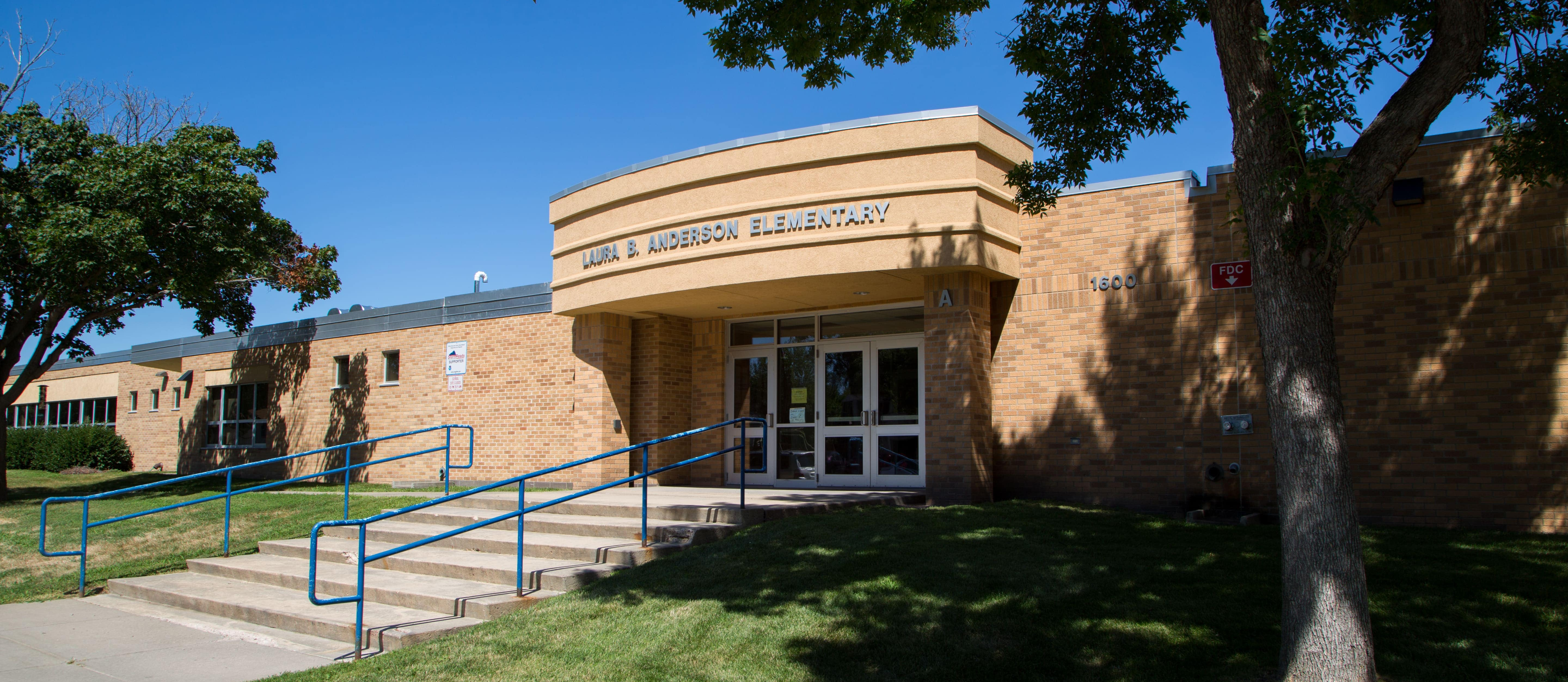
Anne Sullivan
Cleveland
Garfield
Harvey Dunn
Hawthorne
Laura B. Anderson
Learning Lab
Lowell
R. F. Pettigrew
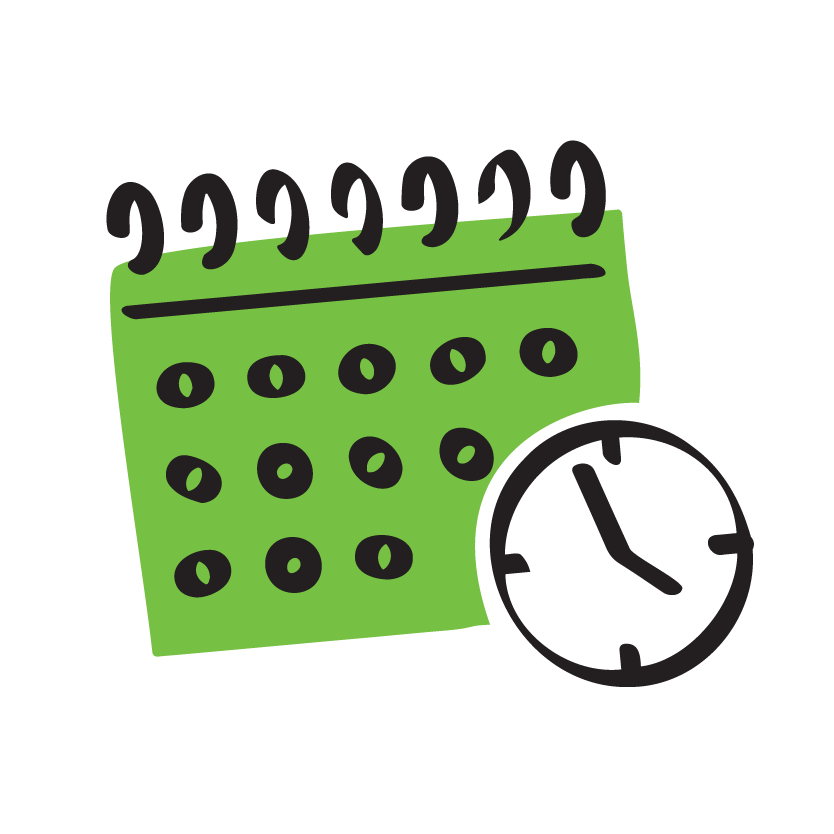
The Early Childhood Special Education Program provides an individualized approach to instruction for children from birth to school age. The child must demonstrate a developmental delay or disability to be eligible for services.
Acquisition of skills is monitored to show gains while in the program. The program stresses:
Concrete, manipulative, and sensory teaching methodologies, including movement.
A sequenced developmental approach to learning.
Home visits to develop routines supporting carryover of learning.
The belief that parents can help reinforce learning in the home and school, is a parent/school partnership.
All Early Childhood Special Education locations provide for interdisciplinary team planning, interagency involvement as appropriate, transition activities to prepare for the next program needs, and parent engagement activities.
The infant and toddler components are located at the Learning Lab with all services to infants and toddlers delivered in their natural environment.
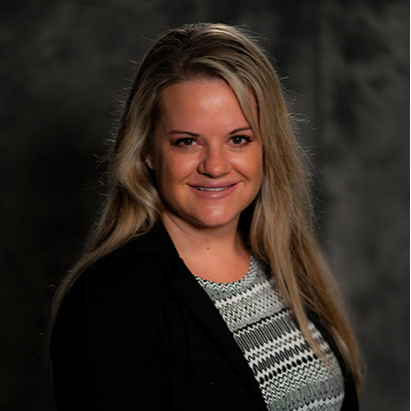
Early Childhood Coordinator
✆ (605) 367-8488
✉ Email Elizabeth Jehangiri
➢ Learning Lab
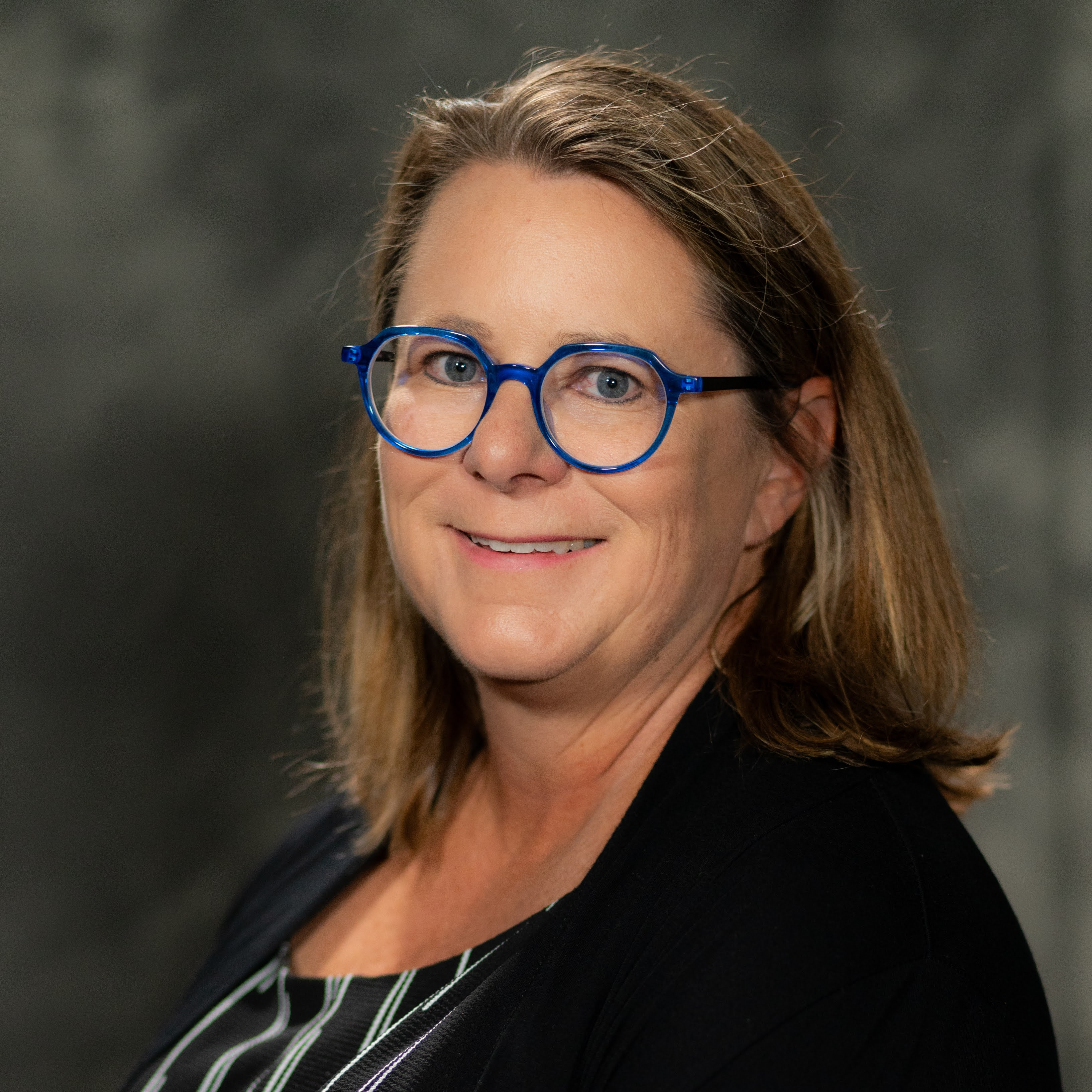
Birth-Three Supervisor
✆ (605) 367-8488
✉ Email Jennifer Bauerfuhr
➢ Learning Lab
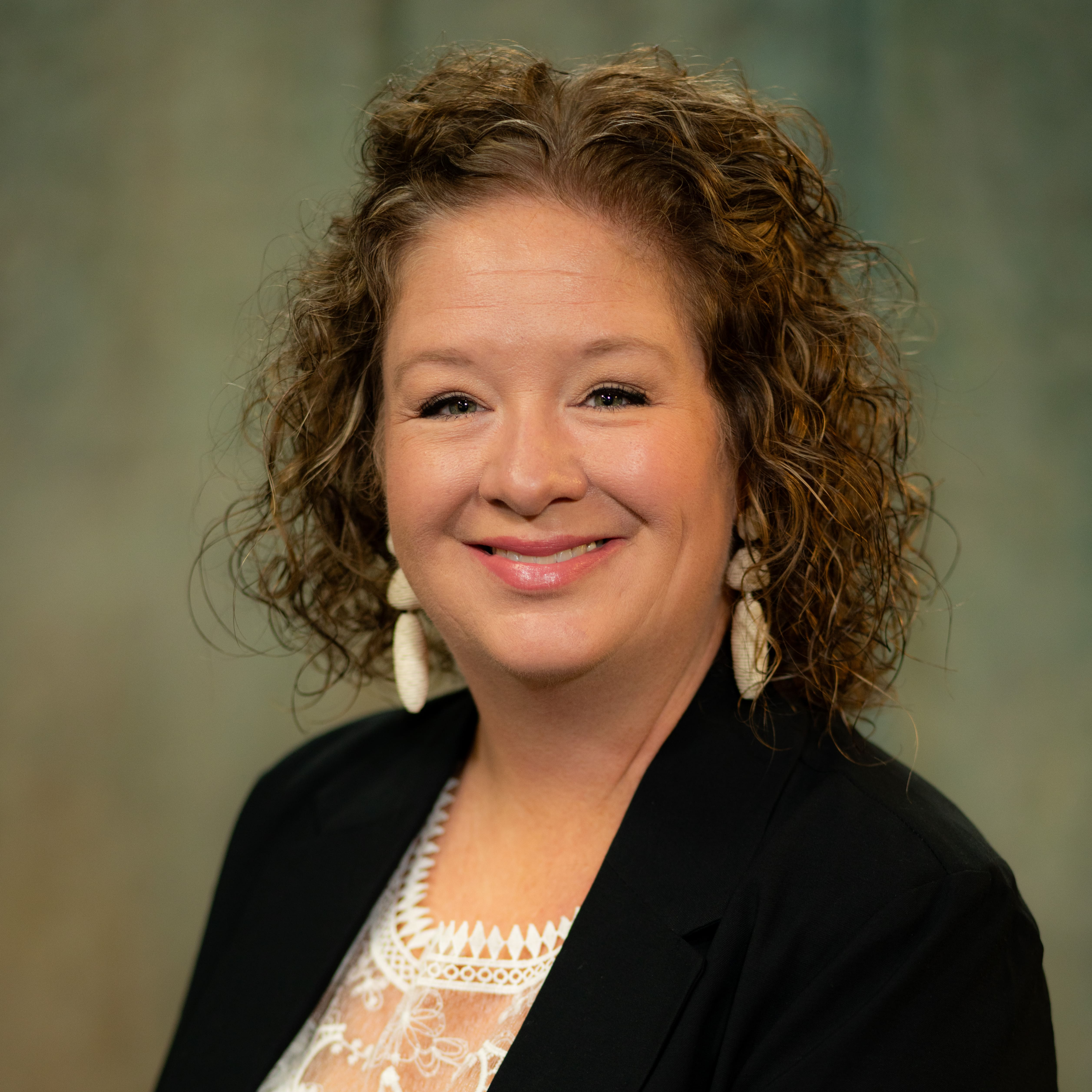
Head Start Supervisor
✆ (605) 367-8488
✉ Email Erica Kogel
➢ Learning Lab